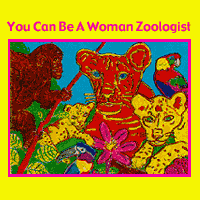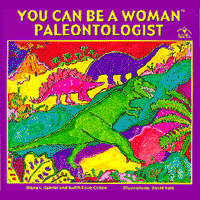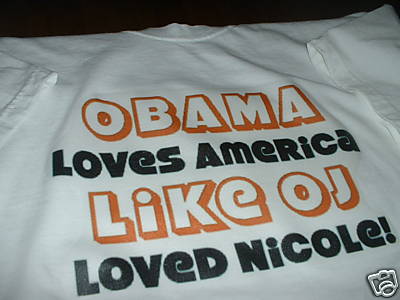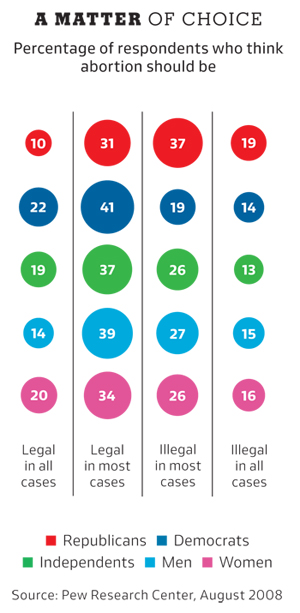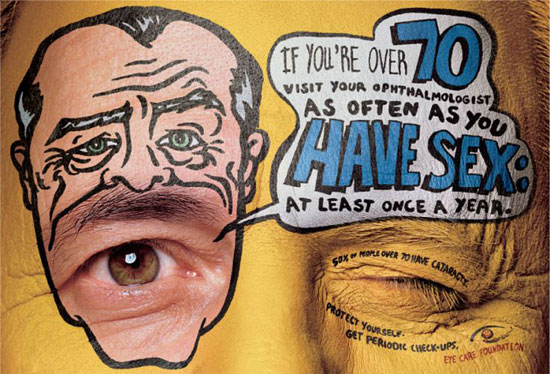Breck C. sent in a video of the original “Wassup” Budweiser ad. What strikes me about the commercial is the portrayal of male friendship: men don’t actually talk meaningfully, they just mention sports and yell catchphrases at each other. Yet this is associated with “true” friendship (as is Budweiser).
After watching it, I was trying to decide to what degree I thought race was an important factor in the commercial–were viewers likely to read this as how Black men interact, specifically, or just what men are like, more generally? African Americans are sometimes stereotyped as loud and more boisterously expressive than other groups, but lots of commercials portray men in general as sort of loud idiots (or children or animals) of some type or another.
I looked for some more “Wassup” commercials and came upon this one:
[youtube]https://www.youtube.com/watch?v=UDTZCgsZGeA[/youtube]
The only male shown being annoyed by the screaming–and not part of the friendship group–is the White guy at the end. I got the impression that he’s used to hearing it from them, so presumably he could have learned to like it as much as they have.
Both Breck C. and Burk sent in this update of the video, made by an independent director with all the original “Wassup” actors (and not in any way related to the Budweiser company):
Apparently this commercial became sufficiently imprinted in the public consciousness that it occurred to someone to update it as a political ad, assuming people would still remember and feel affection for the catchphrase and the characters. I had no idea.
Thanks, Breck and Burk!
Gwen Sharp is an associate professor of sociology at Nevada State College. You can follow her on Twitter at @gwensharpnv.


